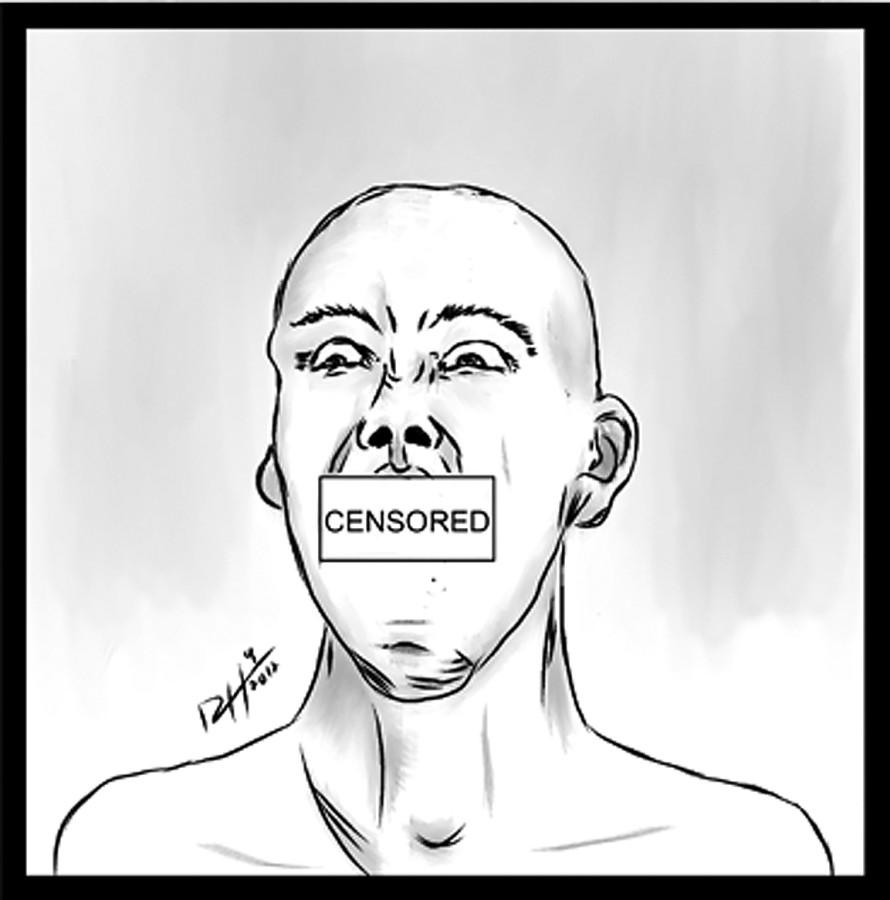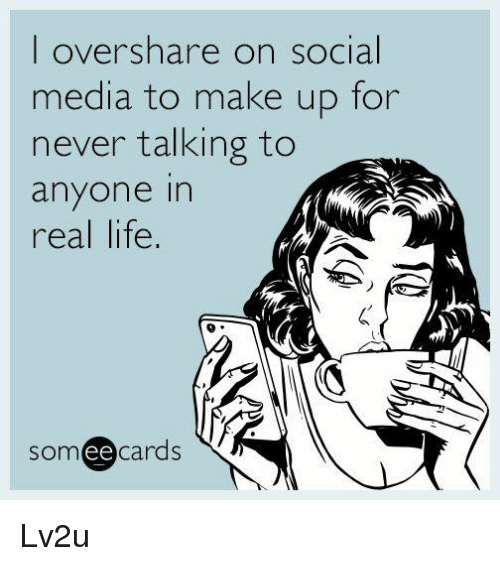Free speech is one of the principles that our nation is founded upon. While freedom is the reason many have come to America, it is restricted in a variety of ways. There has always been a line to be drawn but the question is, where is that line for free speech?
When it comes to provocation, there is the issue of fighting words. Under U.S. Constitutional law,specifically the fighting words doctrine, fighting words are words that can be either written or said to provoke a physical or verbal reaction from the opposing party. This is an instance where free speech can go too far and is one of the most common ways that it does. There is a lack of clarity in where the line is drawn here. A simple comment can go from being merely insulting to provocative and inflammatory.
As in the case of Chaplinksy v. New Hampshire, Chaplinsky vehemently accused a person in the city of Rochester of being a racketeer and fascist and the Rochester government of being fascists and agents of fascists. In the opinion of this case, the court defines clearly how the line should be drawn.
“There are certain well-defined and narrowly limited classes of speech, the prevention and punishment of which have never been thought to raise any constitutional problem. These include the lewd and obscene, the profane, the libelous, and the insulting or “fighting words” those that by their very utterance inflict injury or tend to incite an immediate breach of the peace. It has been well observed that such utterances are no essential part of any exposition of ideas, and are of such slight social value as a step to truth that any benefit that may be derived from them is clearly outweighed by the social interest in order and morality,” said justice Murphy.
Following the issue of fighting words would be defamation of character. It is not legal to ruin a person’s name due to personal opinion or history with that person. These instances can also occur in simple situations that escalate and become visible on a grand scale. Usually they are involved with slander and libel. One cannot print or say something that is not true of another party in order to make that party seem less favorable.
Symbolic free speech is another issue to be contested because it can cause the most mayhem. Back in 2007 a Massachusetts Institute of Technology student entered an airport in Boston wearing what appeared to be a bomb strapped to her hoodie. However, it ended up being a fake circuit board with Play-Doh and wires. The phrase “Socket to me” was written on her sweatshirt to symbolize her major at MIT and the course she was taking.
The student had said that it was a work of art that she was proud to display no matter the opinion of the authorities. However, her art caused the people inside that airport to experience a setting of mass panic.
In this instance, the student was surrounded by authorities and arrested at gunpoint. This is clearly an instance where free speech, symbolic or otherwise, went too far.
When considering symbolic speech, there have been cases in the past where symbolic speech has actually resulted in rioting and other forms of violence. Symbolic speech can also stray into the illegal atmosphere. During the Vietnam War, protesters burned their draft cards to oppose the war effort. In 1965, the U.S. Congress enacted a law that prohibited any destruction or mutilation of draft cards.
In the case of Schenck v. United States (1919), Charles Schenck attempted to establish his freedom by circulating leaflets encouraging soldiers to resist the draft. This form of opposition to the war effort encouraged insubordination in soldiers and caused interference with the war effort.
This case involved the congressional draft policy, not the first amendment. A nation at war has the ability to take measures to insure the success of its war effort. It is just another instance in where free speech can go too far and can be restricted.
It then becomes a case of judgment. While one might wish to send a clear message regarding current events and their opinion, there are other ways to do so. For instance, shouting “fire” in the middle of a crowded theater just for kicks would be against any better judgment. Walking into an airport with a toy gun as a form of protest would not be wise either.
It ends up being a question of one’s methods of spreading a message. Is there a reason to cause panic over a personal belief? Is there a reason to ruin some one’s image just because you disagree with their policies? When does free speech become a danger to other citizens? It becomes a danger when assumptions are made about what is and is not acceptable among the law and society.








